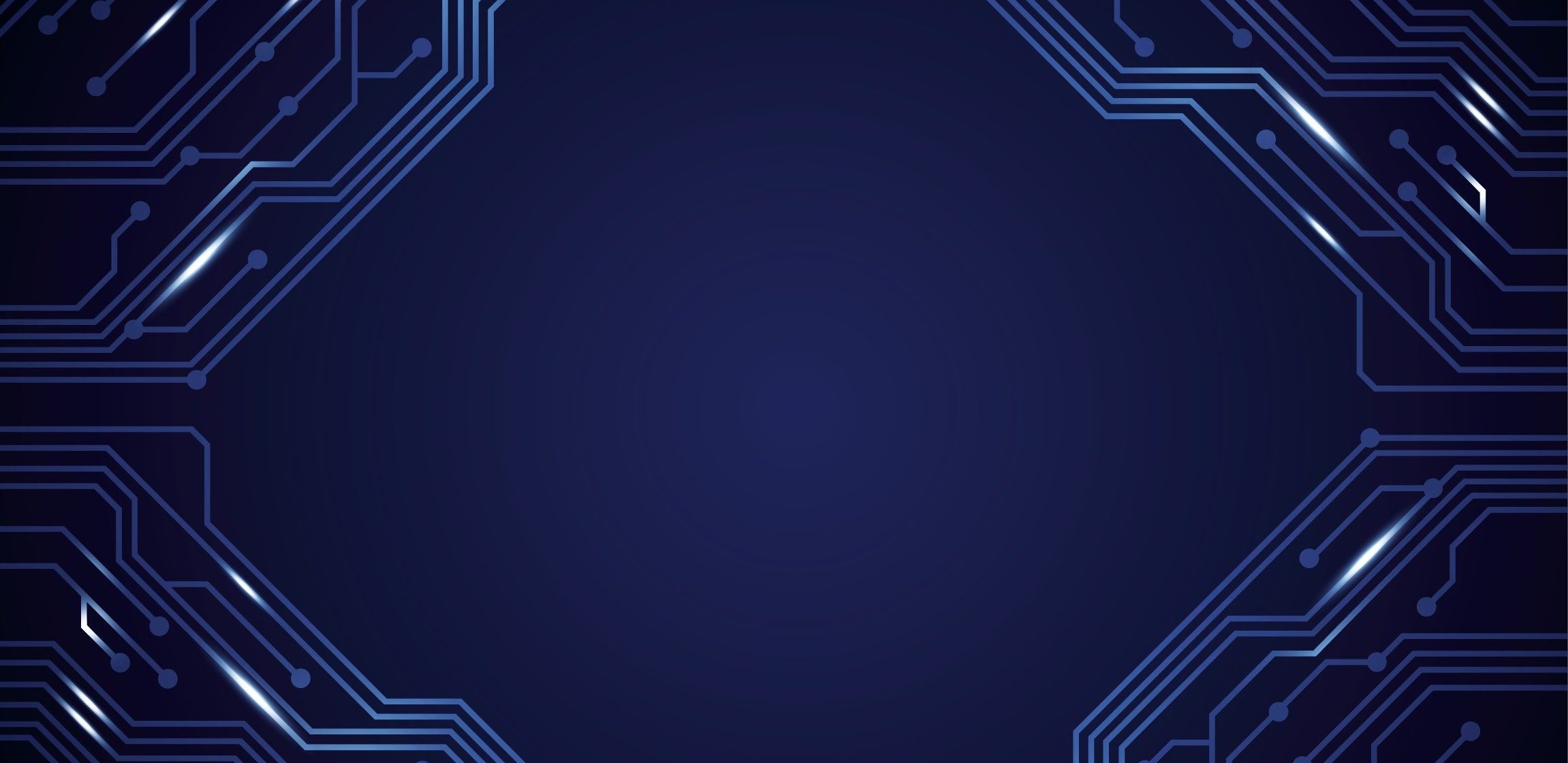When visiting multiple web pages simultaneously, you might have seen prompts that check if you’re human. While some websites use these to manage visitor load, others use them to protect web server data and stop bots from data scraping. Web scraping is a subset of this data collection activity. Here, we’ll cover its purpose, where you might have seen it in use, and its legality.
Web Scraping, Defined
In a nutshell, web scraping refers to the process where something (or someone) extracts unstructured data from a target website and stores it in a desired format—a .CSV file, for example. From there, insights can be generated and analysis can be performed. To help draw a parallel, if you copy and paste information from any site for a project, you’re web scraping data to generate value, albeit manually.
In a business setting, web scraping is generally automated and performed by web scraping software. These specialized tools work through proxy servers and can identify relevant data by analyzing websites at the HTML code level. It helps streamline the data collection process, allowing for efficient data extraction and data storage in an easy-to-use format.
If you’re looking to scrape website data, there are a few ways to get started.
First, you need to choose between prebuilt and self-built web scrapers. The self-built web scraper route requires extensive knowledge of programming languages. For simplicity, we’ll focus on prebuilt web scrapers here. These are available in three forms: browser extension, software, and cloud.
Browser-based web scrapers are ideal for quickly collecting information and extracting web data, so users looking to dive headfirst into pulling data will prefer them. They’re easy to install, don’t hog system resources, and often have a point-and-click user experience. Agenty and Web Scraper are some popular options we’ve seen.
(Credit: Aryan Surendranath)
Software web scrapers, also known as local web scrapers, should be preferred if you want to add more complexity and choose specific data during web harvesting. They install onto your computer, have direct access to system resources, and include robust web crawlers (the part that identifies target websites) to pull website data. You can also integrate the best proxies into these tools for capturing region-specific information. Octoparse and Scrapy are some of the most popular options for this type of web scraper.
Lastly, cloud web scrapers are ideal if you’re looking for the same level of detail as local web scrapers without compromising your system’s performance. These tools offload the heavy lifting to remote servers that can run for long periods and use automations for running your scripts. Octoparse and Web Scraper offer cloud-based solutions.
The Best Proxies We’ve Tested
What Is Web Scraping Used For?
If you’re wondering about web scraping’s application and benefits, these are among the most popular uses:
E-Commerce Monitoring
Web scraping is used across e-commerce websites. It helps with price monitoring, understanding buyer and seller trends, aggregating seller ratings to determine the best shopping experience, and tracking stock availability. Compiling this information in a structured format can help organizations execute various pricing strategies and maximize sales.
Market Research
This use case includes data collection from websites to generate business intelligence and perform competitor analysis. Finance-based actions, like stock price monitoring and extracting SEC filings from websites, also fall under this umbrella. With the correct strategic approach, web scraping data can simplify market research.
Tracking Real Estate Listings
By web crawling multiple sources, web scrapers make it possible to compile listing details, descriptions, images, and pricing trends to easily narrow down properties.
News Monitoring and Sentiment Analysis
Web scrapers can scan publicly available information on social media services and other platforms to track real-time news and public sentiment.
Lead Generation
Web scrapers can also locate contact information and other relevant details across the internet, allowing marketers and company personnel to reach the right customers and offer services.

(Credit: Aryan Surendranath)
Is Web Scraping Legal?
Collecting data and analyzing it is at the core of almost all business decisions today. Online services, search engines, and other tools make it especially easy to find all the data you may ever need. But is using a web scraper to gather information legal? Since the process is essentially copying and pasting a value that someone else has created, the ethics can be a little gray.
To sum it up, provided you’re respecting the terms of use of the website you’re collecting data from, web scraping isn’t wrong. However, if you’re capturing data from a website that explicitly prohibits such activity, you can run into legal trouble. PCMag, for example, has a robots.txt file that disallows any form of scraping bots, be it Anthropic’s Claude, OpenAI’s GPTBot, or Perplexity. (Disclosure: Ziff Davis, PCMag’s parent company, filed a lawsuit against OpenAI in April 2025, alleging it infringed Ziff Davis copyrights in training and operating its AI systems.)

Get Our Best Stories!
Your Daily Dose of Our Top Tech News

By clicking Sign Me Up, you confirm you are 16+ and agree to our Terms of Use and Privacy Policy.
Thanks for signing up!
Your subscription has been confirmed. Keep an eye on your inbox!
That said, web scraping for data has evolved in the past few years. While scraping itself might be frowned upon, data sources now offer APIs that allow aggregator websites to pull relevant information and create structured data for the benefit of users around the globe. If you’re planning to scrape data, make sure you respect the boundaries set by your target websites and follow practices that don’t ruin the experience for other users or hurt the owners of the information.
About Aryan Surendranath











